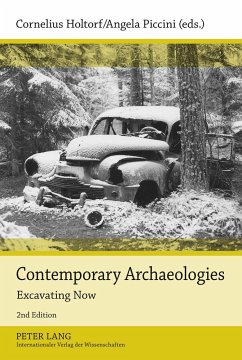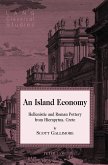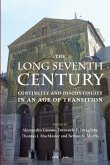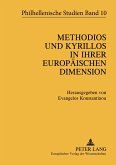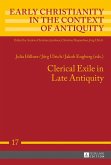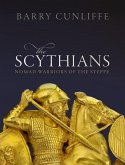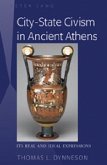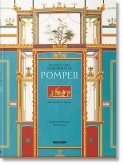This book is about the archaeology of the present and the very recent past. Archaeology's repertoire of questions, procedures, methodologies and terminologies, its material manifestations (protected sites, public museums, archives) and its popular appeals are rooted in modernity. Contemporary archaeologies marry archaeology in the modern world with the archaeology of the modern world. Their strengths lie in a stimulating mix of interdisciplinary practices across academic, public-sector and professional contexts. This book brings together a wide variety of original case-studies, from contemporary theme parks to the bases of Antarctica expeditions, from a rocket engine test site in Australia to Swedish automobile history, from tiger enclosures to the 'privatisation of experience', and from a Nevada peace camp to a stretch of gutter in Bristol.
«This fast-paced, diverse and provocative collection will be an important benchmark as the discipline thinks through the implications and potential of the archaeological study of the contemporary world.» (Dan Hicks, University of Oxford)
«Tigers and ponies and Freud? Indeed, and more. To paraphrase one of the authors, this book is wild, potentially dangerous and powerfully subverts the tendency to trivialize the recent past.» (Mary Beaudry, Boston University)
«Tigers and ponies and Freud? Indeed, and more. To paraphrase one of the authors, this book is wild, potentially dangerous and powerfully subverts the tendency to trivialize the recent past.» (Mary Beaudry, Boston University)

